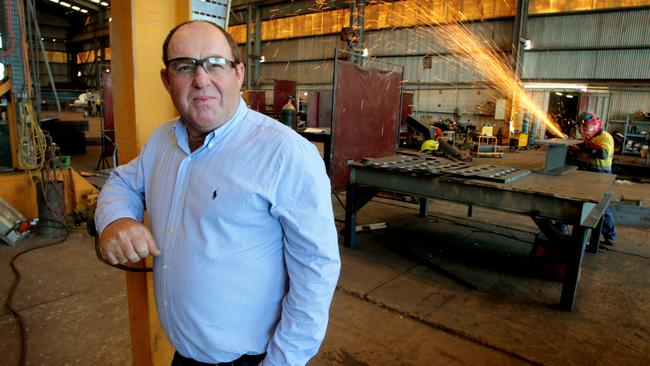Mapped: Who owns the East End? The property tycoons and retail icons who control one of Adelaide’s main arts, food and cultural centres
Property tycoons, former Socceroos and retail icons are among an eclectic mix of landlords who control some of Adelaide’s most valuable CBD real estate.
SA Business
Don't miss out on the headlines from SA Business. Followed categories will be added to My News.
Property tycoons, former Socceroos and retail icons are among an eclectic mix of landlords overseeing the evolution of Adelaide’s cosmopolitan heart in the East End.
Since the early 1990s one family has remained the dominant force behind the transformation of Rundle Street and the surrounding laneways, helping to retain its position as a pre-eminent hub for fashion, restaurants, bars and major events.
In 1993, Theo Maras and then business partner Bill Manos won the rights to redevelop a portion of the former Adelaide Fruit and Produce Exchange site into a dining, retail and commercial hub.
The Maras family has since retained control of a swathe of real estate on the southern side of Rundle Street, from East Terrace to Union Street, as well as the shops and bars lining Ebenezer Place and Vardon Ave.
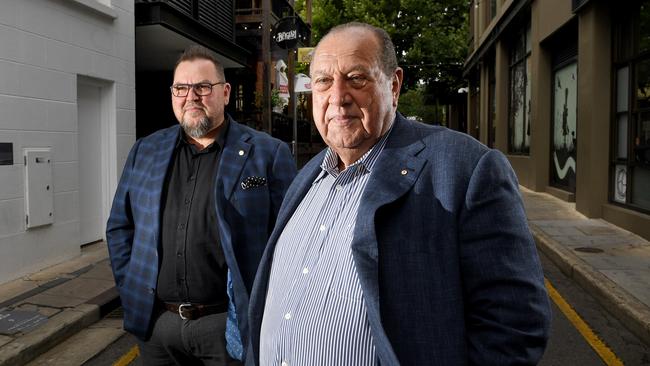
Analysis undertaken by The Advertiser and international property group JLL reveals the dozens of properties controlled by the Maras family in the East End, and the other local families who have snapped up some of the city’s most valuable real estate in the precinct.
More than 100 properties, or 92 per cent of those included in the analysis, are owned by local families.
They include prominent fruit and vegetable wholesalers, the Raschella family, which owns the Distill property at the eastern end of the strip, and the Whittenburys, who have run the Grundy’s Shoes store closer to Pulteney Street for close to 100 years.
The Tudorovic family, whose interests include civil construction businesses, fishing operations and hotels in South Australia and Croatia, owns the Exeter Hotel and The Rose Eastend shopfront on East Terrace.
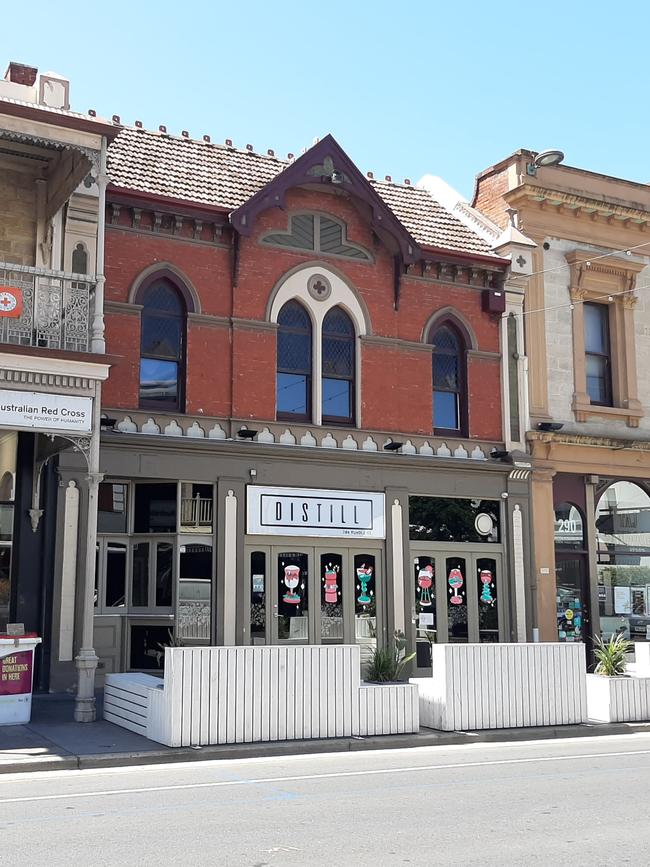
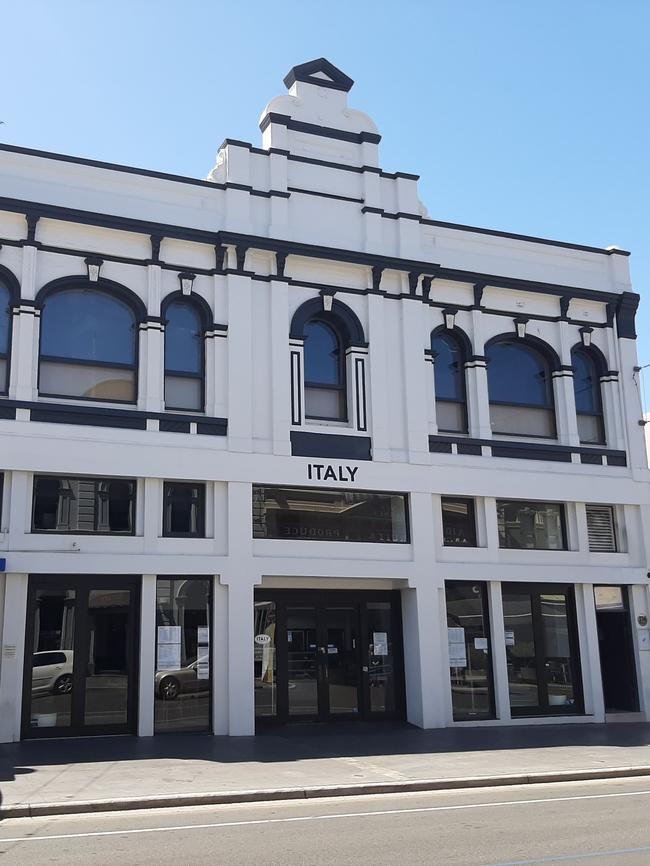
Meanwhile, newer investors include former Socceroos Aurelio and Tony Vidmar. Alongside local accountant Anthony D’Arrigo and a group of other investors, they paid $3.4m for the home of Baku earlier this year, adding to their earlier acquisition of the adjacent Aje store in 2015.
Port Pirie industrialist Sam Gadaleta paid $4.6m for the former Scoozi site last year before undertaking a major refurbishment of the property and welcoming new restaurant Italy Cafe Ristorante e Bar.
Longer term investors include Alex Siros, who established the Piaf perfumery chain in the 1960s, and has owned the Scout Outdoor Centre building since the early 1990s.
Other owners looking to sell up include Christo Reid - great grandson of pastoralist Sir Sidney Kidman - who is seeking offers of $3.65m for the home of Africola and Golden Boy on the corner of East and North terraces.
JLL research director Rick Warner says the East End has faced several challenges in recent years, but it continues to be supported by property owners who are “clearly passionate about the area”.
“The relocation of the Royal Adelaide Hospital in 2017 removed 6000 workers from the area - that’s a significant amount of retail trade to remove from an area,” he said.
“However, the future of Rundle Street is positive, supported by a significant amount of development in the area, from high-density residential to hotels and student accommodation.
“There’s also an economic growth engine in the east, in the form of Lot Fourteen at the old Royal Adelaide Hospital site, that’s only in its infancy.
“And the strip is still the main destination in Adelaide for flagship high-end fashion retailers, and hospitality venues like Nola, East End Cellars, and the legendary Exeter are still holding their own against the small bars across King William Street.”
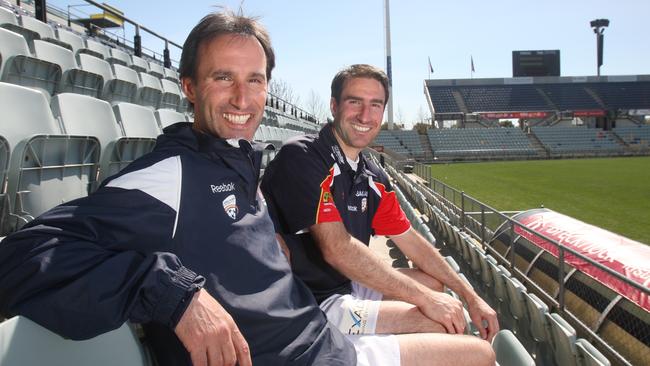
After initially entering a 99-year ground lease with the State Government for the former produce market site in the East End, the Marases took over the freehold interest in 2007, and now oversee dozens of properties in the precinct.
Mr Maras recognises that COVID-19 poses a major challenge for the East End and broader CBD, but it’s not the first time the precinct has faced economic upheaval.
The East End has survived and thrived following the loss of the Grand Prix and the recession of the 1990s, and later the financial crisis and rise of online shopping in the 2000s.
Major developments including the Crowne Plaza, Realm apartments and student accommodation towers on North Terrace are changing the face of the East End and inspiring confidence about its future.
“We’ve sat back over the last few years and looked at the hospital movement, we overcame that, we overcame that when everyone thought the East End would capitulate,” Mr Maras said.
“The reason is we have a very strong community, a resilience - property owners, business owners and residents all together.
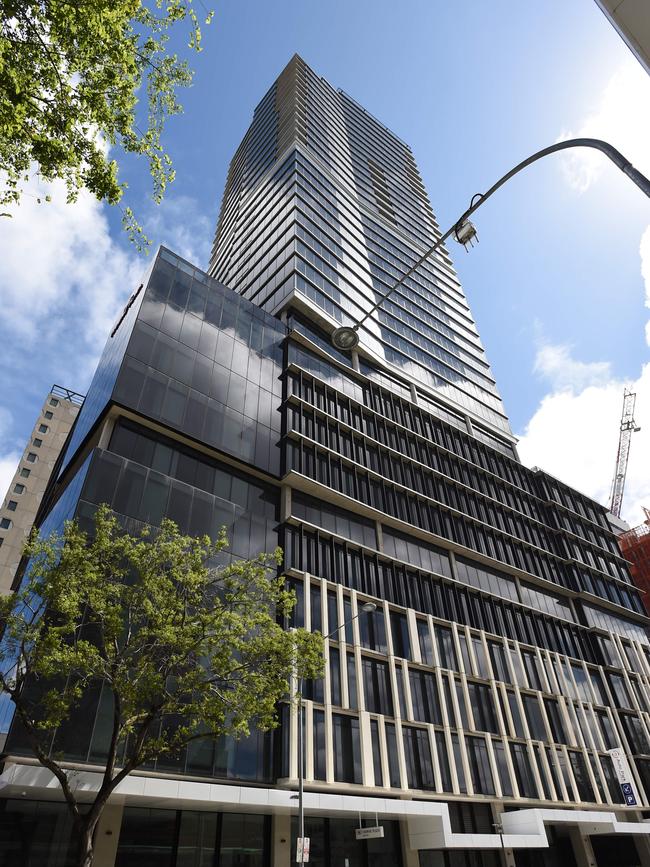
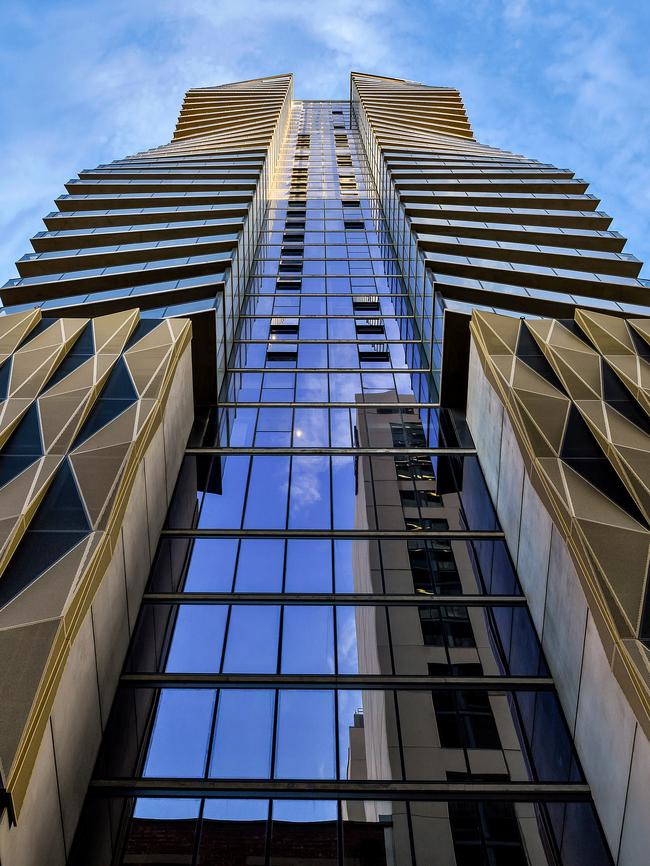
“We see Lot Fourteen, in time, being a bigger deliverer of economic benefit and activity than what the hospital was. The Aboriginal Art and Cultures Centre, the new Entrepreneur and Innovation Centre, the international hospitality and cooking school - all of that is really important to the future success of the East End.”
Mr Maras has played an important role over the years in positioning the East End as the main hub for the Adelaide Fringe, and while disappointed that Supercars have been pulled from the annual calendar, believes major events remain vital for traders in the precinct.
His son Steve, who joined the family business in 2007, agrees, and has continued to promote events in the precinct.
“From the start we wanted to brand this place as a place of living, wining, dining, shopping, entertainment and festivity - we had all of those things and in addition we would have these major events,” he said.
“We have the Fringe, WOMAD, we have the Ebenezer night markets during summer, we have Vardon Avenue, Ebenezer Place and Rundle Street shut down to cars for East End Unleashed in February and March, we have Winter Weekends with fire pits and live music - we’re real big on events because events bring people.”
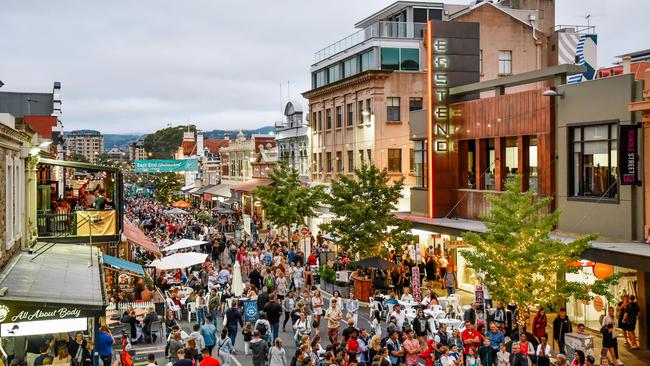
Despite the positivity, figures from JLL recently revealed the number of vacant shops along Rundle Street have increased in the wake of COVID-19, rising from 6.3 per cent prior to the crisis to 11.7 per cent in recent weeks.
Dennis Sims, who ran Rowe & Jarman for 20 years and currently owns Burns for Blinds and the Proud Mary cruise boat, has been an investor in Rundle Street property since 2007.
He says while pockets of the East End are thriving, other parts need further investment and vision to turn things around.
“In 2007 the East End was flying and the West End hadn’t taken off with the small bars,” he said.
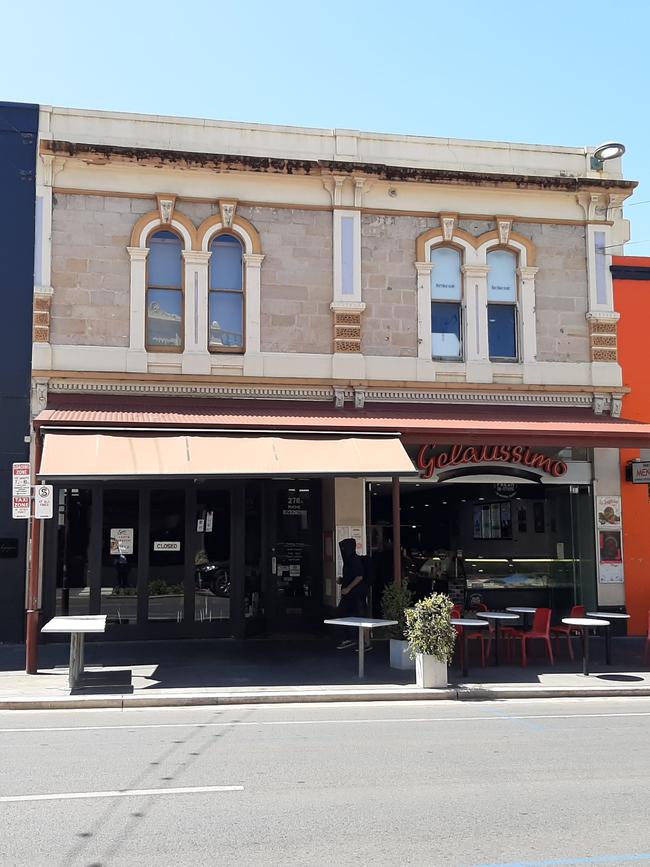
“If you look at how Ebenezer Place works it’s exceptional, but for some reason parts of Rundle Street still struggles.
“If you look at the northern side the tenancies and the buildings are quite big - the landlords need to work out how they can actually break them up and get a variety of retailers or uses in there.”
Mr D’Arrigo, who runs accounting firm RDC Partners, believes the tenancy mix will be key to Rundle Street’s post-COVID recovery.
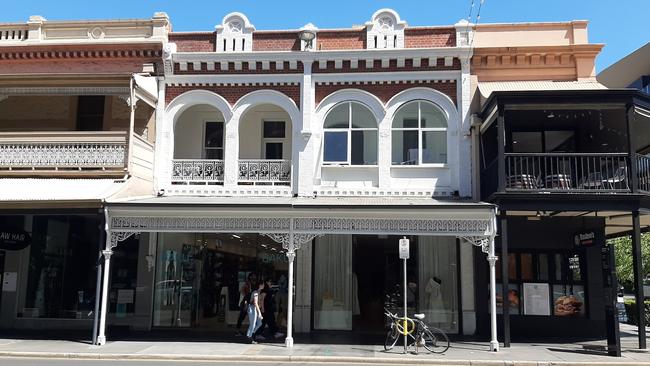
“We bought and renovated both of our properties, put in Aje and Baku, with student accommodation above. COVID has hurt a bit but we’re confident things will rebound pretty quickly,” he said.
“I think what might need to happen is more food and hospitality to balance with the retail and fashion - I think we need a better balance.
“But being so close to Rundle Mall and with the developments going on down there - residential, student accommodation and Lot Fourteen - we see significant upside in the East End.”
